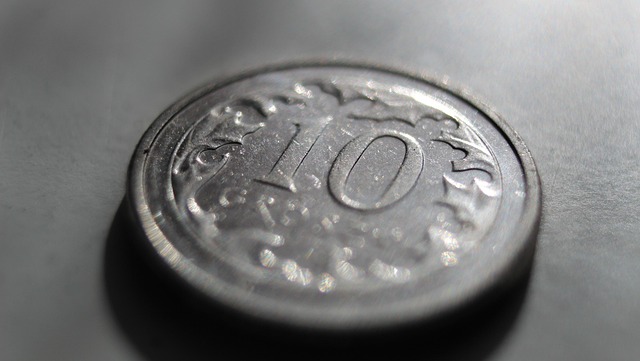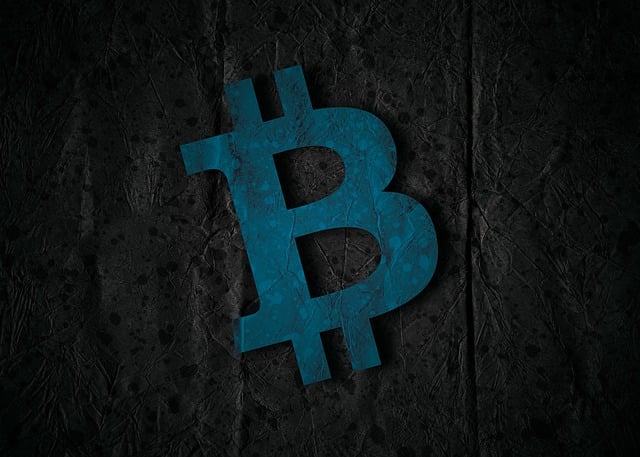Many lenders require in-person payments for car title loans to verify vehicle condition and value, ensuring swift funding but preventing mail-in payments due to security risks, fraud potential, and delays. Opting for digital solutions enhances security, convenience, and control over vehicle ownership by eliminating outdated mailing methods like checks or money orders.
Car title loans, a quick fix for cash needs, typically require in-person payments to maintain loan terms. However, some lenders may not recommend mail-in payments due to associated risks and delays. This article explores the lender’s perspective on mail-in car title loan payments, highlighting potential pitfalls like lost or delayed transactions. We also offer safe alternatives, ensuring efficient funds transfer without postal risks, for a smoother borrowing experience.
- Car Title Loans: Understanding In-Person Payments
- Mail-In Payments: Lender's Perspective and Risks
- Safe and Efficient Alternatives to Mail Payments
Car Title Loans: Understanding In-Person Payments

When considering a car title loan, it’s important to understand that most lenders require in-person payments rather than accepting car title loan payment by mail. This is because the Title Loan Process involves verifying the ownership and condition of your vehicle, which can’t be done remotely. Lenders need to inspect the physical asset securing your loan—your car—to ensure its value aligns with the amount loaned.
The benefit of in-person transactions is that it facilitates same-day funding. Once approved through an online application, borrowers can quickly visit a lender’s office, complete the required paperwork, and leave with funds in hand. This swift process is especially appealing for those in need of immediate financial assistance.
Mail-In Payments: Lender's Perspective and Risks

From the lender’s perspective, processing car title loan payment by mail carries inherent risks that can impact both the business and the borrower’s experience. While it might seem like a convenient option for borrowers, mail-in payments introduce delays and potential security vulnerabilities. Traditional loan repayment methods allow lenders to verify funds instantly, ensuring timely debt collection. In contrast, processing checks or money orders through mail increases the likelihood of delayed clearance, fraud, or loss, leaving both parties vulnerable.
In the competitive Fort Worth Loans market, where car title loans are a popular source of financial assistance for many, lenders must consider the trade-off between offering flexible repayment options and maintaining a robust collection process. As such, many reputable lenders discourage mail-in payments to safeguard against these risks, promoting more direct and secure methods instead.
Safe and Efficient Alternatives to Mail Payments

When it comes to making Car Title Loan payments, opting for secure and efficient alternatives to traditional mail services is a wise decision. The reason being, mailing physical checks or money orders carries inherent risks, including potential loss, delay, or fraud. In today’s digital age, many lenders now offer convenient online platforms for Car Title Pawn transactions, allowing borrowers to complete their payments securely from the comfort of their homes. This modern approach streamlines the process and provides peace of mind.
Instead of relying on mail, consider utilizing the convenience of an Online Application. Here, you can conveniently update your payment information, set up automatic debits, or even explore flexible repayment plans. By choosing these digital solutions, borrowers retain control over their Vehicle Ownership while ensuring timely payments, thus avoiding any complications associated with outmoded payment methods like Car Title Loan payment by mail.
While the convenience of paying a car title loan via mail might seem appealing, lenders are increasingly cautious due to associated risks. In-person payments remain the preferred method, ensuring immediate verification and reducing potential fraud. Alternatively, electronic payments or direct deposits offer safer and more efficient solutions for borrowers, providing convenience without compromising security.






